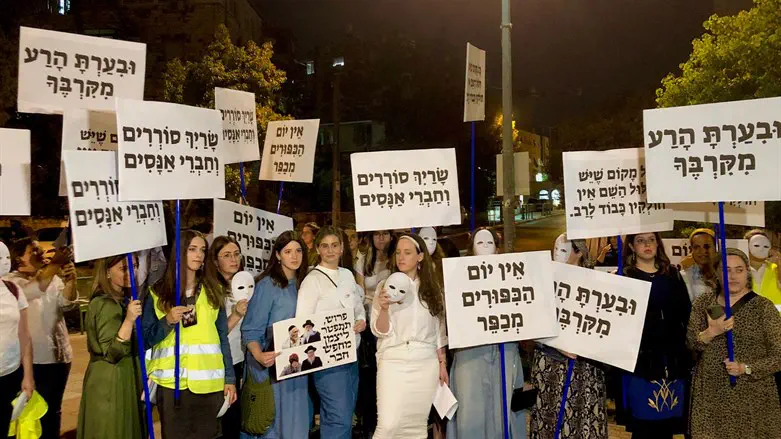
The first demonstration in which I participated was small, but the memory of this experience has stayed with me for years. During the sixties, I was an undergraduate at Tufts University in Medford Massachusetts. Tufts was a relatively small New England liberal arts college, and after the assassination of JFK, this was a time of political ferment.
During the fall of 1963, the Department of Philosophy decided not to renew the contract of a popular faculty member, Dr. Woodrow Wilson Sayre, the grandson of President Wilson. Sayre was a well-liked personality on campus, an accomplished mountain climber, and outdoorsman. Unfortunately for him, the Department ruled that he did not have enough academic publications and did not renew his contract, which meant that they denied him tenure. Privately, a senior professor and member of the appointments committee of the University told me that there is a New England proverb: “If you have doubts, you don’t do it.”
Before too long, there was a kerfuffle on campus, and soon the signs went up, announcing a student demonstration in support of Woodrow Wilson Sayre. They called for students to join on a certain morning at the entrance floor of a given building. I was curious and decided to participate. I had never met Dr. Sayre.
About thirty other students came, and there were supervisors from the SDS (Students for a Democratic Society), who told us what to do. They handed out placards on sticks and told us to walk around slowly in circles with these placards. From time to time, they gave us coffee, which they had prepared in advance. These organizers were very good at what they did and I wondered where they acquired this expertise. The obvious answer was that they had been in the civil rights movement and borrowed their methods.
Years later, I read that some Afro-American leaders took it badly that leftist political radicals had borrowed their methods. Sterling Tucker (1923-2019), “the respected director of the Urban League in Washington warned in 1967 that ‘the tools of protest are being prostituted and otherwise frighteningly, dangerously misused in a growing degree.’”
I concluded that the SDS organizers owned the little demonstration which they organized at Tufts; that they were much more clever than I; and that I had been used.
Since that time, I always ask who is organizing the demonstrations; who is handing out the signs and who is making the coffee?
Are anti-government Israeli protesters doing the same?